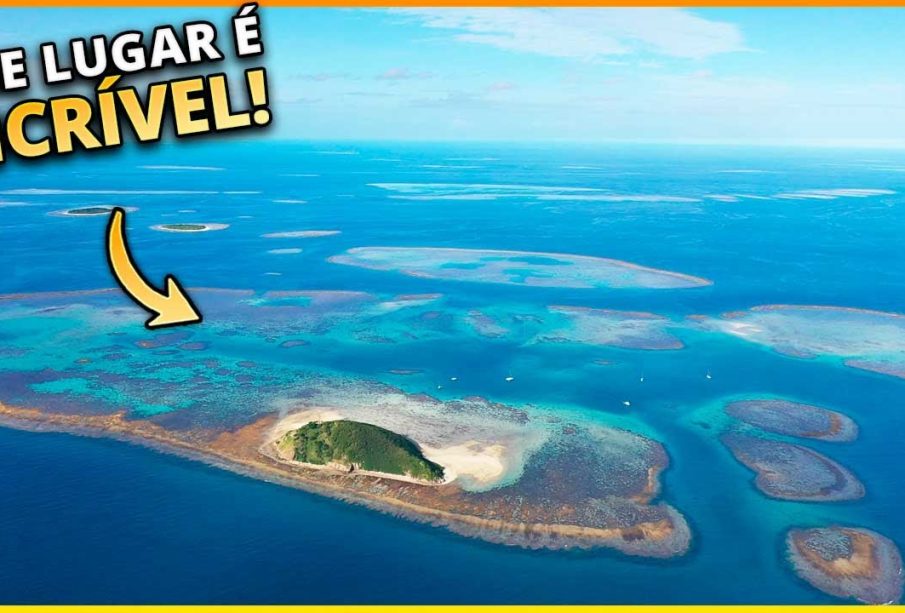Exploring New Caledonia: Significance and Attractions

Introduction
New Caledonia, an archipelago situated in the South Pacific Ocean, is a territory of France known for its stunning landscapes, rich culture, and diverse ecosystem. As travel begins to rebound from the pandemic, New Caledonia is gaining attention as an exotic destination that offers a mix of natural beauty and cultural experiences. With its beautiful lagoons, white sandy beaches, and mountainous terrain, it attracts tourists and researchers alike. The significance of New Caledonia extends beyond tourism; it has a complex history and unique political status that makes it a subject of interest for many.
Key Facts and Events
New Caledonia boasts a population of around 270,000, comprised mainly of Melanesian Kanak people and descendants of French settlers. The territory is known for its rich biodiversity, as it is home to a significant number of endemic species. In 2008, the UNESCO World Heritage site of the Lagoons of New Caledonia was recognized due to its expansive coral reef system, which is the second largest in the world.
Recent political developments have brought New Caledonia into the spotlight. The ongoing discussions regarding its independence from France have been a topic of national and international interest, with the most recent referendum held in December 2021, where the majority voted to remain part of France. These conversations continue to shape the identity and future of the territory, affecting both its inhabitants and its relationship with France.
Attractions and Culture
Visitors to New Caledonia can experience a vibrant mix of Melanesian and French cultures. Major cities like Nouméa offer a blend of stylish cafes and traditional markets, showcasing the local cuisine and craftsmanship. The island’s cultural festivals, such as the Kanak Festival, provide rich insights into the traditions and art of the indigenous people.
The natural wonders don’t stop at the beaches; the Isle of Pines and Lifou are renowned for their breathtaking scenery and opportunities for swimming, snorkeling, and relaxation. The lush forests and mountainous regions also attract eco-tourists and adventure seekers. As part of its push to increase tourism, New Caledonia has been actively working on promoting sustainable travel practices.
Conclusion
New Caledonia is more than just a travel destination; it is a vibrant mix of cultures, natural wonders, and significant political dialogues. As it continues to navigate its path towards potential independence while strengthening its tourism sector, the territory represents a blend of historical significance and modern appeal. Whether you’re an adventurer, a nature lover, or someone interested in cultural dynamics, New Caledonia offers diverse experiences that are both enriching and unforgettable.









